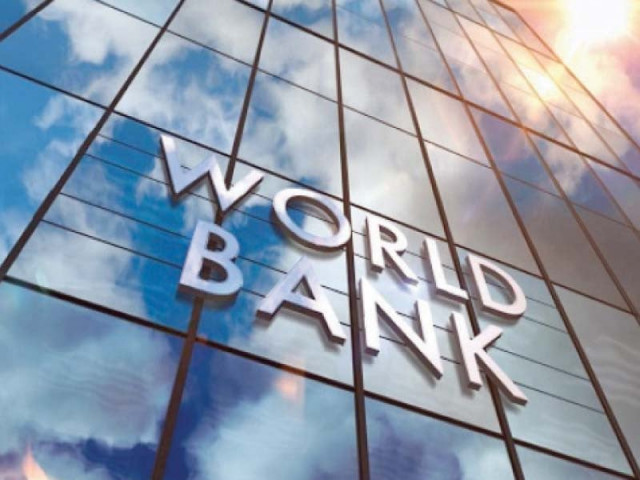World Bank criticises subsidies
Country head calls for spreading burden of reforms more broadly

World Bank Chief Economist and acting Country Head for Pakistan Tobias Haque has denounced the provision of regressive subsidies in energy, fertiliser and gas sectors and said the fiscal cost of state-owned enterprises is contributing to fiscal pressures in Pakistan.
While discussing the economic challenges and growth opportunities at a session jointly organised by the United Nations Development Programme (UNDP) and the Sustainable Development Policy Institute (SDPI), Haque said that the burden of reforms needed to be spread more broadly and further measures should be targeted to ensure an increase in tax returns at the top of income distribution.
In the context of a new IMF programme and the upcoming budget for fiscal year 2024-25, Pakistan’s economic stabilisation reforms need to have a human face to promote a balanced recovery and inclusive growth that does not burden the people and improves the country’s human development indicators.
This was the consensus amongst leading national and international policy experts, who spoke at a high-level panel discussion on national economic reforms organised by the UNDP, SDPI and World Bank as part of the “Prosperity for Pakistan” initiative.
Former caretaker minister of finance and revenue Shamshad Akhtar highlighted the need for a “whole-of-government” approach for reforms.
“Macroeconomic stability has to be our religion,” she argued. “We have to make sure that it is adequate to get us out of the low and volatile growth trap, and it should be reinforced by bold structural reforms. The single most important obsession the country should have is revenue enhancement and export earnings.”
UNDP Regional Director Kanni Wignaraja highlighted the findings of UNDP’s 2023 Integrated SDG Insights Report for Pakistan that showed that the country was on track to achieve only 35 out of the 169 SDG targets. “The road to Agenda 2030 will be long and tough,” she said.
“Achieving an ambitious growth target will require a steadfast political will, consistency in policy reforms and innovative policy solutions with an eye towards enhancing productivity, revenue and financing. Any country where half the population does not have the same opportunity cannot be prosperous,” Wignaraja added.
Addressing climate vulnerability and climate financing, Dr Abid Qayyum Suleri stated: “More than climate vulnerability, Pakistan’s negotiations on climate financing should be centered around private sector climate equity and community response in the wake of 2022 floods.”
The UNDP Pakistan resident representative said “we anticipate that stabilisation policies will continue over the next three to five years, and to be successful, these policies need to be people-centric and address economic injustice.”
The participants discussed the national economic recovery plan focused on the following reforms: Ensuring solvency, revenue and fiscal sustainability; bending the political economy towards economic justice and good governance; reducing deficit through inclusive growth and effective import-export management; transitioning to green economy; and ensuring social protection to minimise the adverse impact of structural reforms on the most vulnerable.
Published in The Express Tribune, April 25th, 2024.
Like Business on Facebook, follow @TribuneBiz on Twitter to stay informed and join in the conversation.


















COMMENTS
Comments are moderated and generally will be posted if they are on-topic and not abusive.
For more information, please see our Comments FAQ